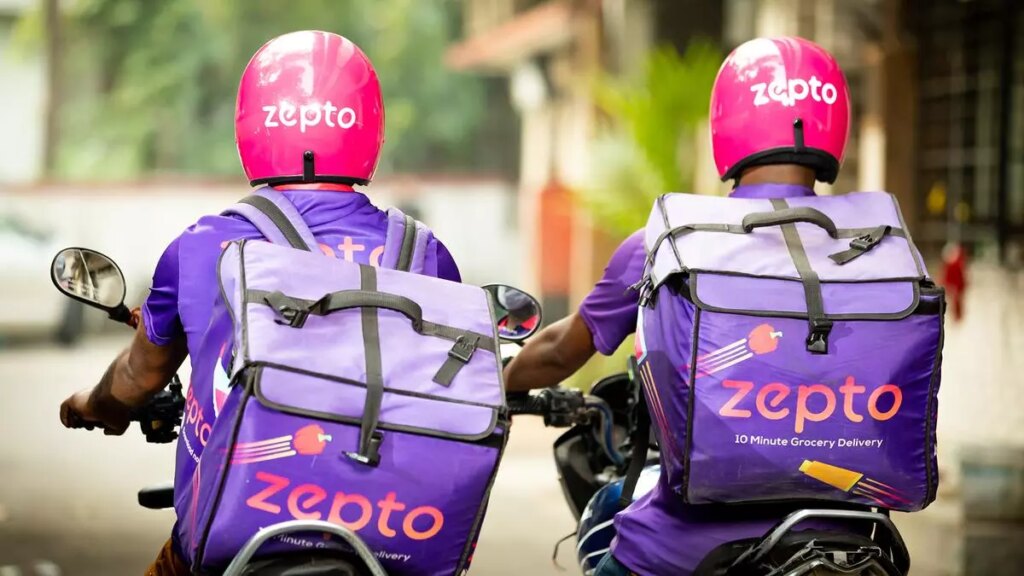Editorial. Advantage consumer – The Hindu BusinessLine

It is surprising that the Commerce Ministry should consider escalating the battery of charges against quick commerce firms — levelled by the All-India Consumer Products Distributors Federation (AICPDF), an association of FMCG distributors — to the Competition Commission of India (CCI). AICPDF has reportedly complained that quick commerce players are engaging in anti-competitive practices such as predatory pricing and disrupting a level playing field for kirana stores, by delivering groceries and other items within 10-20 minutes.
They have also claimed that the use of dark stores (neighbourhood godowns for online delivery) is violative of Foreign Direct Investment (FDI) rules for retail. The CCI’s primary mandate is to protect the interests of consumers by ensuring fair competition and preventing market dominance. Whatever its shortcomings, it is really hard to argue that the quick commerce sector is harming the consumer by delivering a vast range of products in double-quick time.
It is not difficult to see why traditional distribution lobbies view quick commerce as a threat. Getting off the block during Covid, quick commerce has seen meteoric growth in Gross Merchandise Value from $0.1 billion in 2020 to $2.8 billion by 2023, with a 77 per cent growth in 2023 alone (Source: Redseer). Quick commerce players keep their fast-delivery promise by circumventing conventional supply chains. Instead of consumer products moving from the manufacturer to super-stockists, stockists, distributors, they source directly from manufacturers to stock up ‘mother’ warehouses in each city. These service neighborhood ‘dark stores’ which fulfil customer orders, with technology deployed to optimise speed. The shorter supply chain crunches the margins earned by traditional distributors. With over half of their orders being grocery items, it is quite likely that quick commerce players are eating into the business of kirana stores. However, it is unlikely that they will make inroads beyond affluent neighbourhoods.
Contrary to complaints of predatory pricing, these platforms charge a hefty premium over kirana stores for convenience. The bogey of foreign Goliaths taking away business from home-grown Davids doesn’t cut ice either, because current leaders in quick commerce — Blinkit, Zepto, Bigbasket and Swiggy Instamart — are India-promoted start-ups. In fact, they are giving global giants like Amazon a run for their money. With a long line-up of Indian and foreign entities readying forays into the space, there is also little risk of market dominance by a few. Concerns about quick commerce players relate to their labour practices. Tight delivery deadlines put the life and limb of delivery agents at risk. But it is the Commerce and Labour ministries, and not CCI, which should be monitoring such violations.








